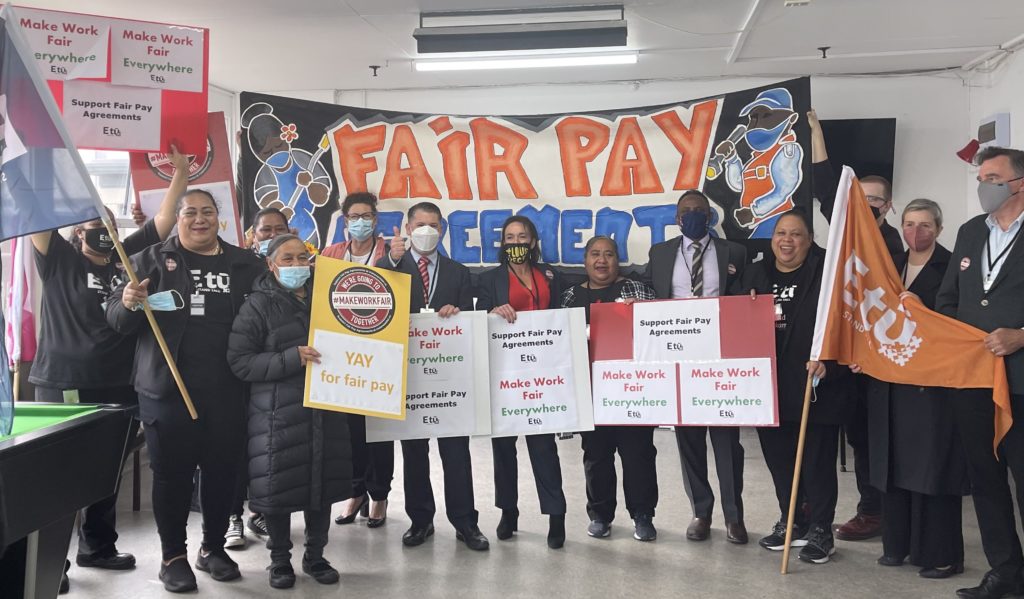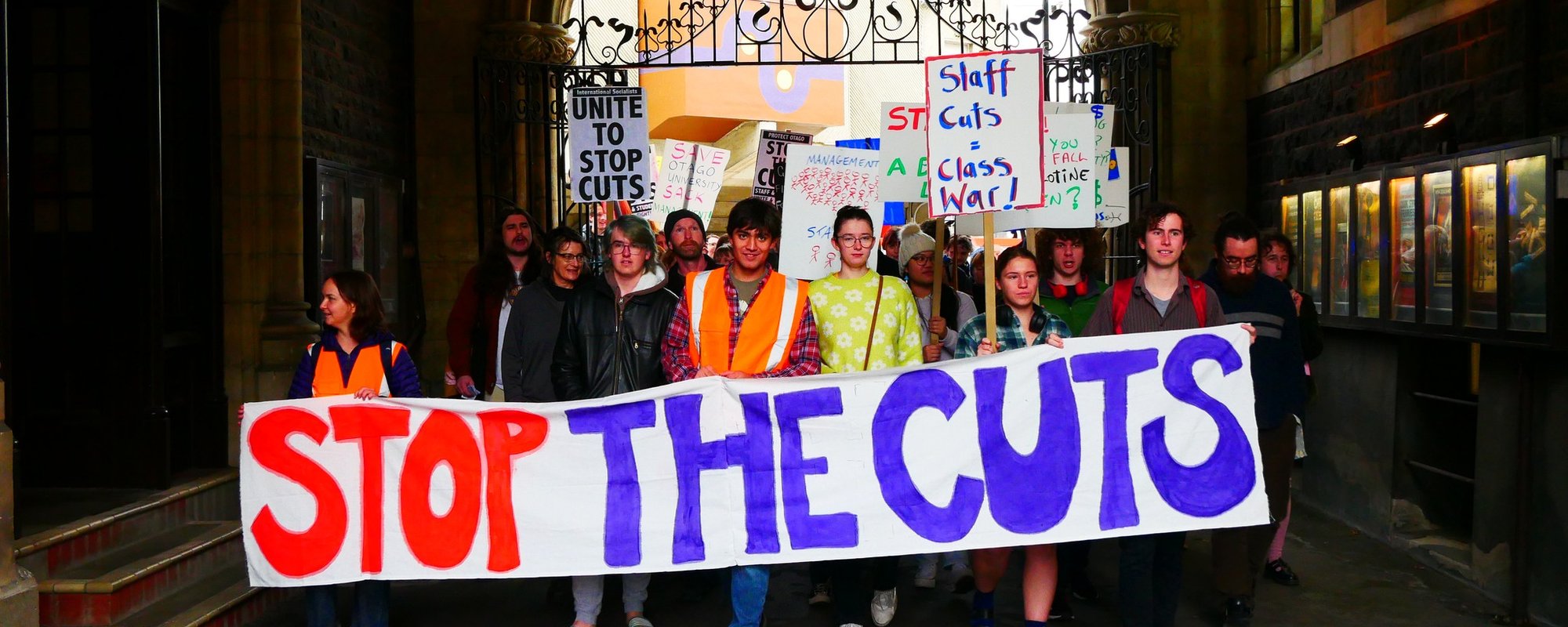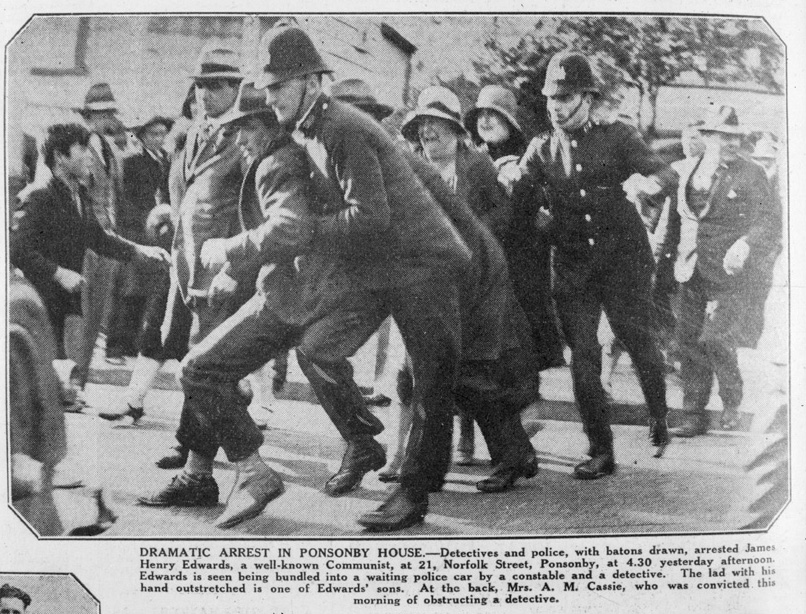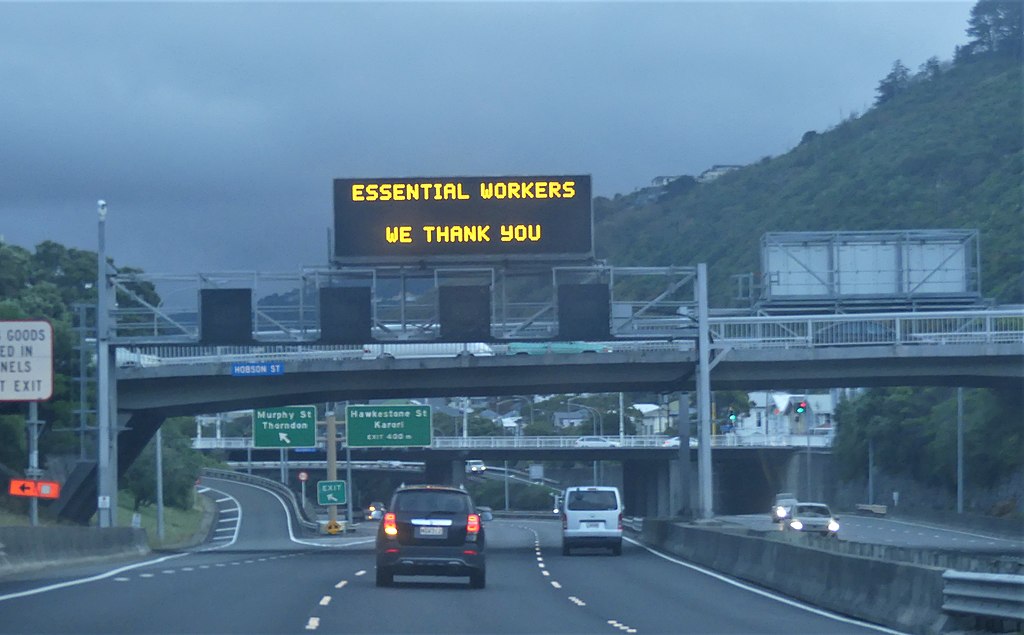The Fair Pay Agreements Bill cleared Parliament on 26 October 2022 and will likely come into law in December. National and ACT voted against and vowed to repeal the new law as soon as they can. That is no idle threat. With a general election due next year any future for FPAs would appear to depend on Labour bucking its downward trend in opinion polls to win a third term.
For the moment, however, we can give a qualified welcome to FPAs. The aim of FPAs is to achieve better pay and conditions for workers. Council of Trade Unions President Richard Wagstaff says “This is a truly momentous occasion. We are reversing 30 years of a failed policy that was part of the Employment Contracts Act. Working people across the motu will now be able to have a greater say in the terms and conditions they receive.” The E tū union says “Fair Pay Agreements will be the best change for workers in decades. They will set minimum standards across whole industries so we can win decent work – better pay, hours of work, health and safety, training, and worker input in decision making.”
FPAs were in Labour’s manifesto in 2017 and 2020, but the government did not move on its promise until this year. That is a shame because had Labour prioritised FPA legislation earlier, and FPAs had become popular with workers, it would be more difficult for an incoming National-led government to turn the clock back.
The new employment law is not radical. There is an obstacle that unions have to pass before they can initiate FPA negotiations. Unions must collect the signatures of 1,000 workers or 10 percent of workers in a sector, whichever the lower. Alternatively, a union must demonstrate a public interest case.
Under the FPA system strikes (or any form of industrial action) are unlawful, which renders the union side in negotiations powerless. What this means is that the employer side will weigh up whether to offer the unions a very measly agreement or not come to an agreement at all. In the latter case an ‘award’ would be made by the Employment Relations Authority.
The anti-strike element of the FPA system sets a real limitation to what unions can achieve through this national agreement/national award route. Bargaining under the Employment Relations Act, employer by employer, at least allows workers restricted rights to strike in support of their demands. However, currently, a large majority of workers are not in a union and are not covered by any form of agreement. They are at the mercy of the employers, with the minimum wage as the only safety net. The FPA system will at least give the unions an opportunity to get stuck in and recruit substantial memberships.
It is typical of this Labour government to devise an employment law system that denies workers the right to take industrial action. It has to be said too that the union leaderships do not seem unhappy by the anti-strike element of the FPA system. Despite this crucial limitation, FPAs will be some fetter on the employers and encourage unionisation. Therefore, with qualifications, the new law is welcome.
Photo Credit: Pacific Media Network








